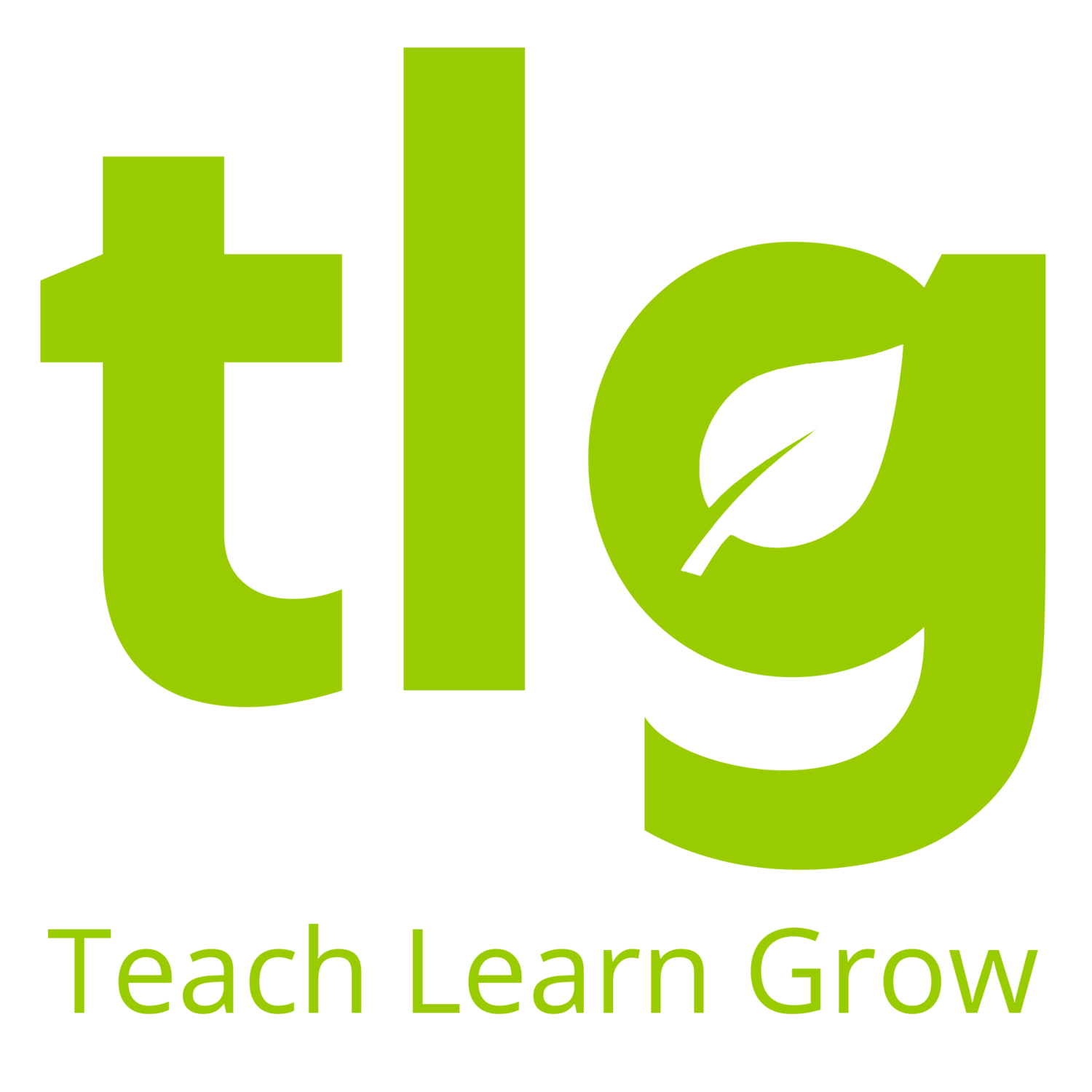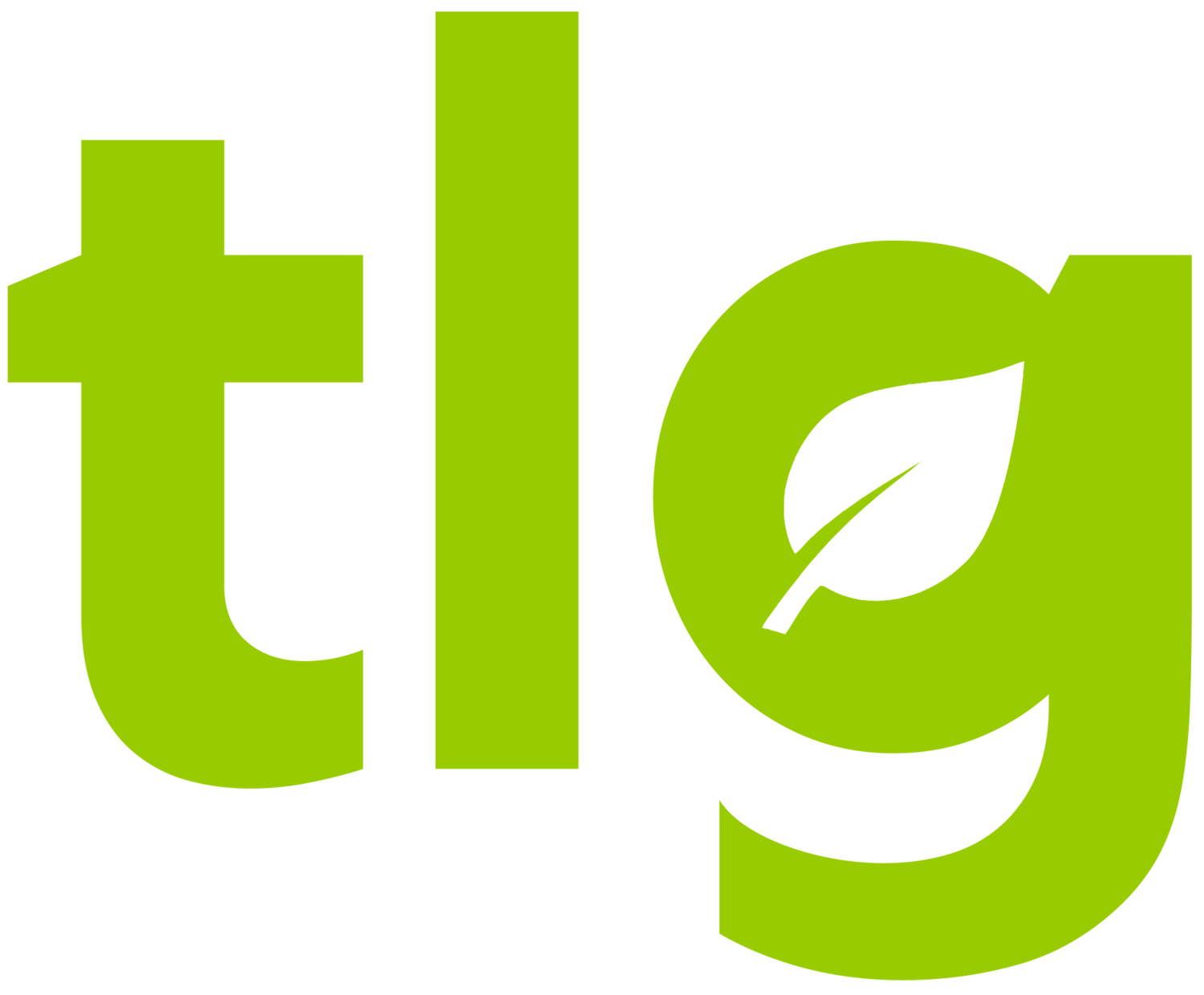Where Are They Now? Teegan's Story
Teegan preparing to go to work in Perth
We’re back again with another Where Are They Now, featuring TLG alumna, Teegan McQuinn. Teegan is a registered nurse, future doctor and TLG Honorary Life Member. She spoke to us about how her experiences with TLG encouraged her to pursue a career in rural health and the gap that exists between rural and metropolitan healthcare.
Teegan went on her first TLG Rural Program in 2015 while completing her Bachelor of Science (Nursing) at Curtin University. She said she was “so inspired by TLG’s mission” that, shortly afterwards, she decided to join the TLG Executive as an Officer in the Funding team. She then transitioned through a number of other roles on the Executive including Head of Finance, Coordinator Support Officer, Internal Relations Officer and Logistics Manager. She left TLG in mid-2018 after completing her Bachelors and qualifying as a Registered Nurse. In recognition of her phenomenal contributions to TLG over the years she was awarded Honorary Life Member Status.
Since graduating, Teegan has worked as a nurse in both Perth and Derby, a small town in the Kimberley region. She spoke to us at length about the healthcare gap between rural and metropolitan healthcare. “The gap well and truly exists,” she stressed. “Statistically, people experience poorer health outcomes in rural and remote areas of Australia. “In my time there I witnessed very young people passing away from renal failure, heart attacks and suffering consequences of treatable conditions such as rheumatic heart disease.” There are far fewer resources in rural and remote areas so the health professionals there often have to work very flexibly and adapt to the needs of the community.
“There are so many more barriers for people accessing health services in rural areas. For specialist appointments, you need to fly or drive to Perth, which can be near impossible if you have family to care and provide for at home. It can also be especially difficult if English is your second, third, or fourth language. In emergency situations, many patients need to be flown via Royal Flying Doctor Service (RFDS) to Broome or a Perth tertiary hospital, often by themselves, with just one small bag of personal items. Sometimes, due to weather conditions and other patients needing emergency RFDS transport, a patient can wait days to be transported to a tertiary hospital. This means we have to do the best job that we can to keep the patient stable and treat their illness to the best of our ability.”
Teegan (back row, left) on the Rural Program at Carnarvon, 2015
We asked Teegan how she thought the coronavirus outbreak would impact people in rural Australia. She spoke about the higher rates in diabetes and heart disease that exist in rural communities and how this could put people at increased risk. She also expressed concern about the potential for the education gap to widen as a result of “drops in school attendance and some children not having access to technology and internet for online learning.” Yet, despite the barriers that exist, Teegan emphasized that “there are definitely areas in which rural health excels.” She pointed out that rural areas have higher childhood immunisations rates and that “amazing” services like Telehealth facilitate access to specialist services that people otherwise wouldn’t receive, such as the TeleChemotherapy service which is being rolled out to Narrogin and Broome this year. “If we work to come up with innovative solutions and continue to have wonderful services like TLG and Fair Game visiting rural areas, maybe one day we can close the gap for good,” she said. “I truly believe improving education and health literacy is the first step to better health.”
Teegan in Aboriginal Art printed scrubs for NAIDOC week
We asked Teegan about her personal experience working as a nurse in the Kimberley. She said that she “loved” her time there. “There are so many opportunities to learn and develop new skills and everyone I worked with was willing to teach me anything I didn’t know. The clinical and personal experiences that I gained would not have been possible in the city.” Prior to moving to Derby, Teegan said that her only experiences with rural life had been through her involvement with TLG and Fair Game. She spoke about how TLG pushed her to work regionally. “I honestly don’t think I would have had the courage, skills or passion to work in rural WA if it weren’t for my experience with TLG,” she said. “I had no idea that there was a huge gap in health and education in Australia before I joined TLG. Education and health are inextricably linked, and seeing this disparity first hand on my very first TLG Rural Program inspired me to work in the Kimberley.”
Teegan spoke about how she was “welcomed with open arms” when she first arrived in Derby and opportunities for cultural and personal development she was able to access there. “I learnt a lot about Aboriginal culture from the local community,” she told us. “The community spirit in rural towns is unlike anywhere else, everyone supports and looks after each other like family. There were heaps of sporting and social events every week to get to know people in town and I was lucky enough to make some good friends that I know will be my friends for life.” This community spirit helped Teegan “overcome any challenges I experienced adapting to living rurally.” She also spoke about how the skills she gained in TLG have helped her transition to working rurally. “TLG taught me so many leadership, resilience and teamwork skills that have helped me in my career thus far...one of the crucial skills I learned was to be adaptable and calm no matter what situations are thrown at me. Undoubtedly, this has been a skill I’ve used in my career both in the city and in the Kimberley.”
Teegan (second last row, centre), with the 2017 TLG Executive Team
Currently, Teegan is in her first year of the Doctor of Medicine at Notre Dame University, Fremantle. She is also working as a nurse in Perth. She told us that she definitely sees herself returning to work rurally after qualifying as a doctor. Like Teegan, other TLG alumni who have gone on to work rurally have said that the glimpse of rural life and communities that TLG’s programs provide encouraged them to seek out a career in rural Australia. In addition to the skills and life experiences she gained, Teegan spoke about the fantastic network that TLG gave her. “I left TLG with so many close and supportive friends who I know will be in my life for a very long time,” she said. “Enthusiastic and passionate people gravitate to TLG. Watching TLG volunteers succeed in their careers and seeing many of them go on to study teaching or work in areas of great unmet need has been a constant source of inspiration for me, especially when I chose to take the leap into rural nursing.”
If you are interested in participating in future TLG Rural Programs, register your interest today!





